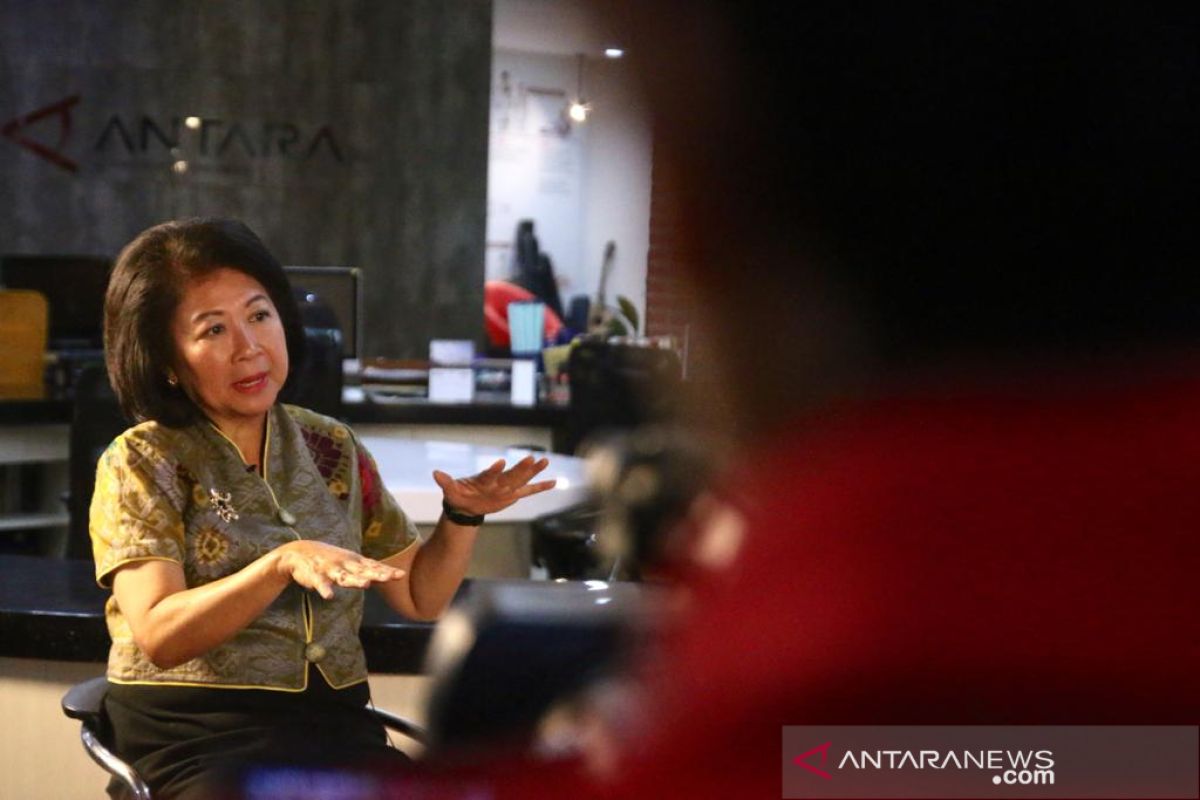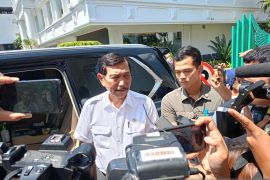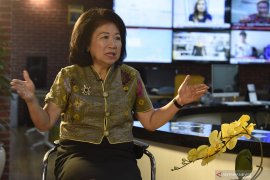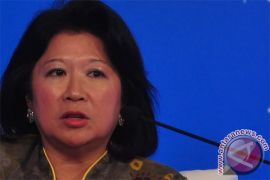Last year was the worst since the global financial crisis (in 2008), but this year, if we see the forecast issued by the World Bank, it may slightly strengthen from 2.3 percent in 2019 to 2.4 percent this year,Jakarta (ANTARA) - The global economic growth is estimated to rebound in 2020 amid the Coronavirus outbreak that has infected more than 25 countries, the World Bank's newly-appointed Managing Director, Mari Elka Pangestu said. The rise will be supported by improvements in trade and investment among emerging countries, she stated.
"Last year was the worst since the global financial crisis (in 2008), but this year, if we see the forecast issued by the World Bank, it may slightly strengthen from 2.3 percent in 2019 to 2.4 percent this year," Pangestu, Indonesia's former trade minister, said during a special interview conducted by ANTARA in Jakarta, Tuesday.
Despite the positive outlook, the growth in the economy may depreciate due to some challenges, one of which includes the possibility of a trade war between United States of America and China despite both countries having signed a phase one trade deal earlier this year.
Besides the trade war, some developing countries may struggle with large external debt, Pangestu predicted. In December last year, the World Bank noted that debt in emerging and developing countries (EMDEs) reached a record $55 trillion in 2018, "marking an eight-year surge that has been the largest, fastest, and most broad-based in nearly five decades," a study conducted by the agency revealed.
"A massive debt may push capital outflow in some emerging countries. Therefore, keeping investor confidence is important," Pangestu said.
Apart from the trade war and massive debt, the global economy will be challenged by the coronavirus outbreak that has disrupted China's market for the past few weeks.
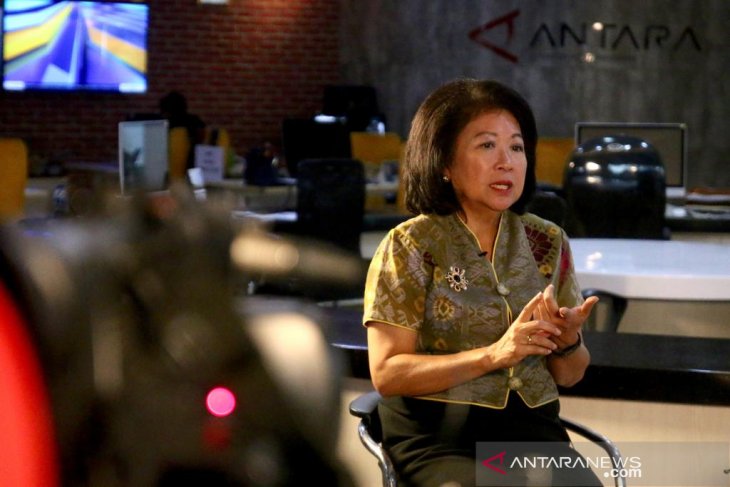
In responding to the risks and challenges of the global economy this year, the World Bank reiterates its commitment to push an inclusive economy at the global level, Pangestu stated. "We have to ensure that our policy is equal and inclusive to all member states," she noted.
On January 9 this year, World Bank Group President, David Malpass, announced the appointment of Pangestu as the agency's Managing Director, Development Policy and Partnerships.
"In her new role, Pangestu will provide leadership to and oversee the work program of the World Bank’s Global Practice Groups. Also, she will oversee the research and data group of the World Bank (DEC) and the External and Corporate Relations function," the World Bank said in a statement.
Pangestu, the second Indonesian woman ever to be appointed as the World Bank's managing director, will effectively assume office as of March 1, 2020. (INE)
Related news: Coronavirus outbreak triggers pessimism in global economy: Minister
Related news: Global economic growth continues to moderate: BI
Reporter: Genta Tenri Mawangi
Editor: Suharto
Copyright © ANTARA 2020
